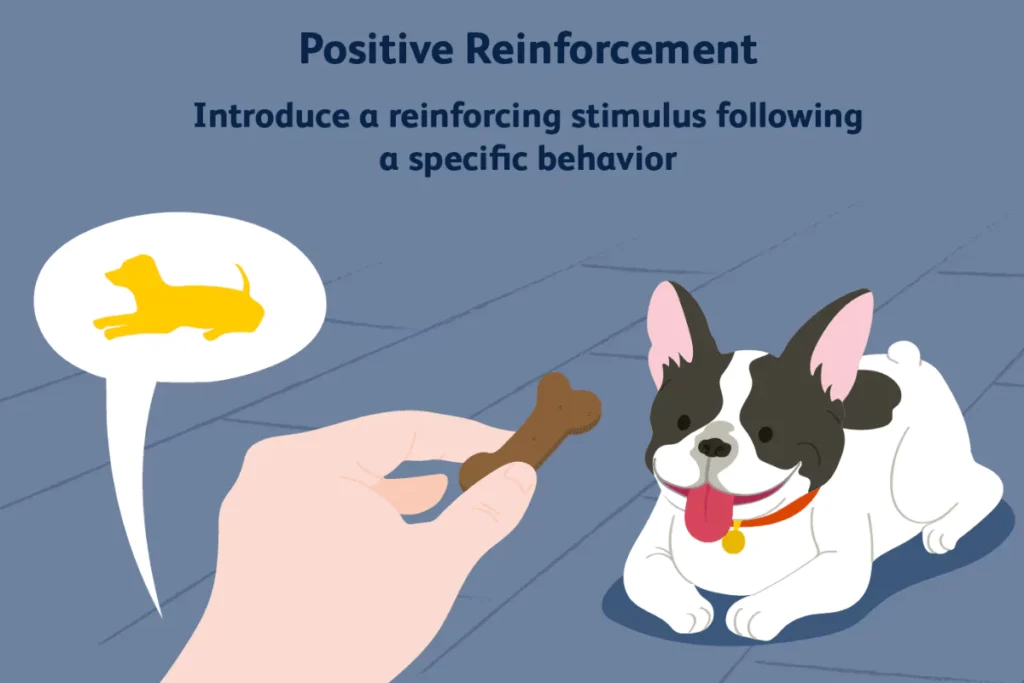Hello People! “How can the ten principles of good parenting be employed in order not to make a quarrel?”
Child rearing is a process that is full of successes and failures. What men can learn from this about how to follow in their footsteps is that with these guiding principles, it is possible to create healthy, strong bonds with their children without necessarily involving fighting. Here are ten essential principles for effective parenting, along with tips on avoiding battles.
Let’s dive in!
Table of Contents
Be a Role Model

So children are likely to copy their parents in whatever they do. To encourage positive behavior in children, you should model positive behavior such as kindness, patience, and respect. If you wish your child to be cute in how they talk with others, see to it that you are equally courteous in your dealings with others.
Establish Clear Expectations
Creating such a list of anticipatable consequences fully explains all children’s expected and acceptable behaviors. Ensure that the rules you set align with your child’s age and are well-coordinated. Do so to ensure that the child feels like they are participating in a process rather than being dictated to.
Encourage Independence
Giving children the chance to make some choices during the game and seeing the outcome helps them become more confident and independent. Let them earn certain privileges and make decisions on their own that will keep them from feeling so much like prisoners, and then they will not rebel.
Promote Open Communication
Make your child comfortable with you in writing and drawing their feelings. Illegitimi non carborundum est is a Latin phrase that many people do not understand. These will respond better if only they know you will listen to them discuss the issues.
Use Positive Reinforcement

They should be rewarded for their achievements and praised should they have behaved well. Praise and encouragement are always good for the soul; even basic words of affirmation do wonders for self-esteem. Praise tends to minimize the cases of rebellion, trimming down the likelihood of fights and, therefore, less discipline is necessary.
Be Consistent
Children must also be used to certain procedures and rules to give them a secure environment. Rewarding one day and punishing the following day will lead to confusion and the onset of rebellion. The children must be consistent with how you discipline them so that they do not conflict with each other.
Teach Emotional Regulation
Children must learn how to respond properly to certain feelings to provide such help. Accompany this with age-appropriate ways of how they might deal with anger, sadness, or frustration responsibly, such as breathing techniques or talking to someone about it.
Stay Calm and Patient
Do not lose your temper if your child is throwing a tantrum or is not in the mood to agree with you. Patience sets a stable tone for the lesson and helps them learn self-control. Remembering that yelling only worsens things is helpful, so it is always possible to take two big breaths and avoid turning a situation into a war.
Set Realistic Expectations
Remember that the children still have lots to learn and fully develop. Demanding the best results in pressure. Self-awareness to appreciate kids’ development and reward work instead of focusing on mistakes for a smoother relationship.
Pick Your Battles Wisely
We don’t have to go to war over every problem. Especially affecting work, one should not legislate every aspect; there should be time saved for energy concerning important issues and room for small deviations. It also teaches children that you accept their decisions and also reduces the number of unnecessary quarrels.
The following video explains about Use Positive Reinforcement:
Conclusion
Parenting involves providing directions and showing appreciation and patience to children. This is because when you act desirably, have and maintain clear expectations, and encourage persons to express themselves, you establish working conditions that allow the improvement of the individuals without the need for fighting.
By incorporating all the above principles in this section, one can foster a positive working relationship with the child; thus, simple tasks throughout the day are not turned into sweeping issues, and no lose-lose battles are encouraged unnecessarily.
“In what way those principles may be useful to make the home environment more harmonious?”
FAQ
1. What is the cost of good parenting?
Hoping for the best parenting brings up values such as independence or self-direction, honesty with other people or self-control, a kind heart, or being a team player in children.
2. What can be some rules of parenting?
Examples of common family rules:
No hurting. Do not touch any part of your body to another’s body, whether above the neck or below.
No interrupting. Wait for your turn to speak.
No yelling in the house. No loud speaking when in the house.
3. What is the role of good parenthood?
It, therefore, does not matter whether a parent is young or old; the role they have to play in parenting has to do with providing needs for the child and making sure that the child is happy and grows up healthy.
4. How do you appreciate good parenting?
The Importance of Good Parenting Skills
Quality time.
Communication.
The fourth category of students’ learning needs is social and relationship skills.
Responsibility.
Life skills.
Unconditional love.




